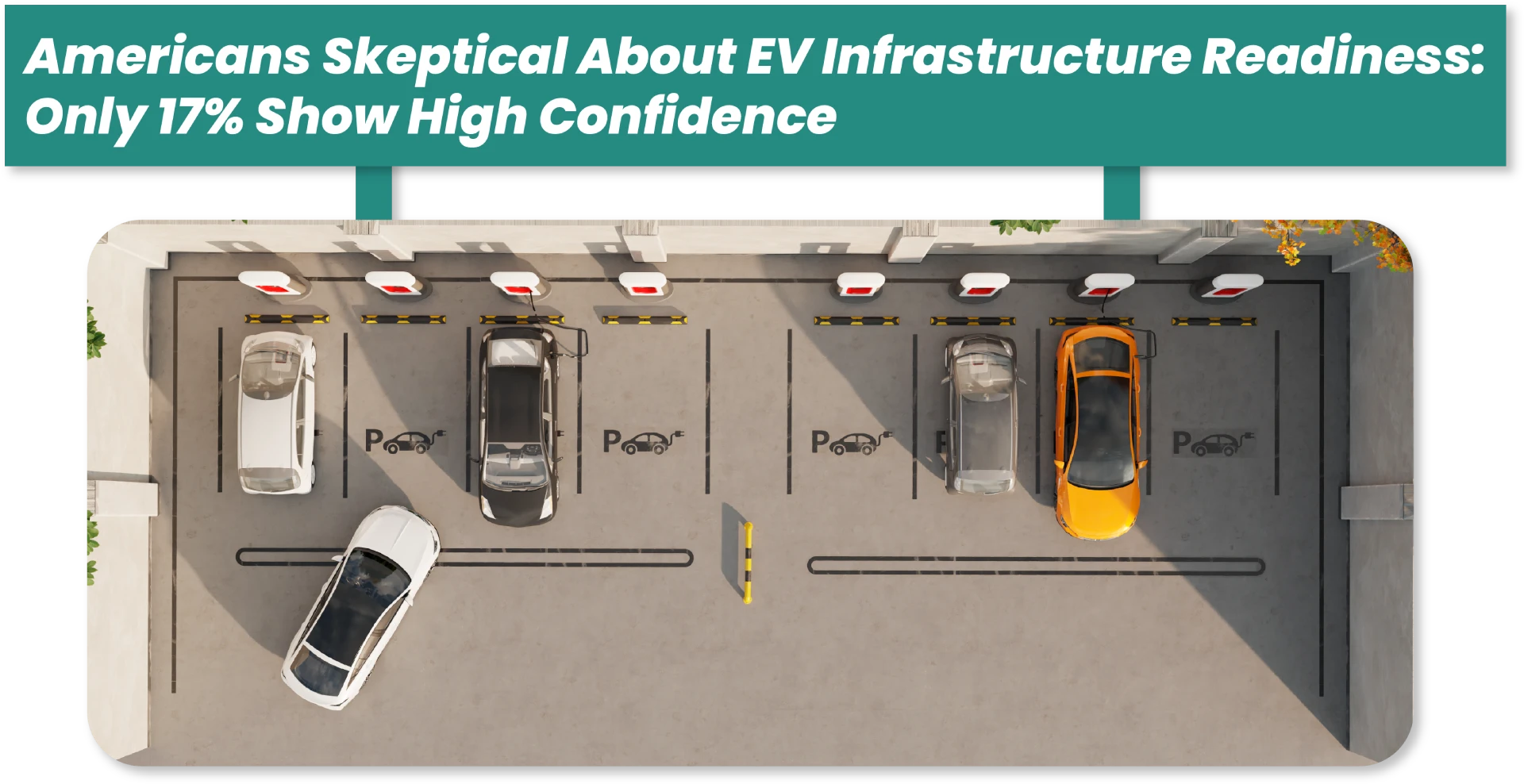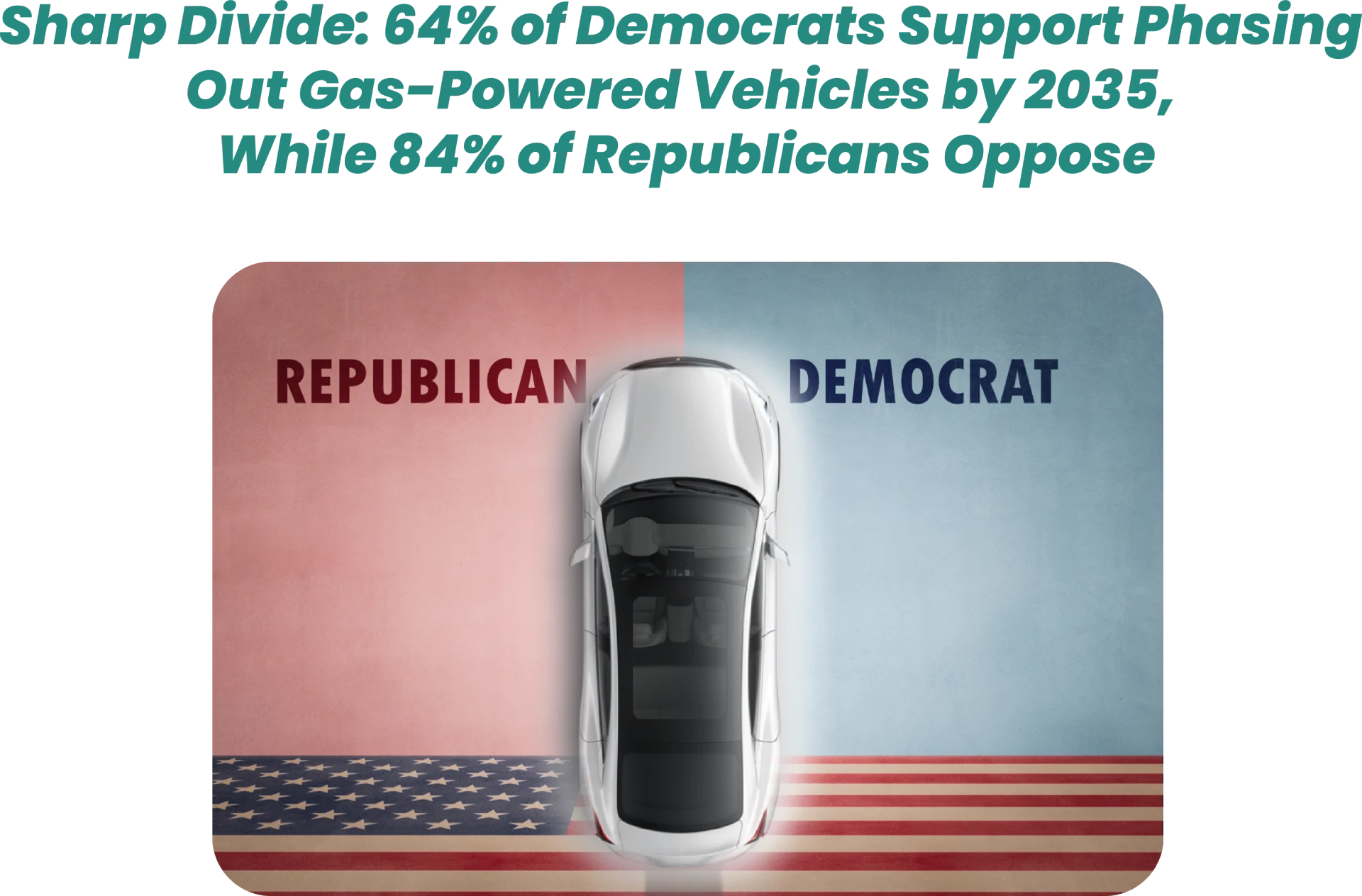Electric vehicle (EV) sales in the United States have been on the rise in 2023, due in part to new tax credits and lower prices. In February, EVs accounted for 8.5% of all new vehicles that were leased or sold, which was a record high.
Tax credits of up to $7,500 have made EVs more affordable, and Tesla and Ford have both announced price cuts for their EVs. These factors have contributed to the increase in EV sales.

A recent Pew Research Center survey found that 38% of Americans are likely to consider purchasing an EV for their next car. This is down 4 percentage points from May 2022, but it is still a significant number.
Democrats and Democratic-leaning independents, younger adults, and people living in urban areas are among the most likely to say they would consider purchasing an EV. The 9% of U.S. adults who currently own a hybrid or electric vehicle are also particularly likely to consider an EV for their next purchase.
About seven-in-ten people who would consider purchasing an EV say helping the environment and saving money on gas are major reasons why.
The Biden administration has announced a range of measures aimed at increasing EV adoption, including tax credits for EV buyers and emission limits for car manufacturers. These measures are likely to further boost EV sales in the coming years.

The availability of public charging stations is a potential obstacle to the adoption of electric vehicles (EVs). Currently, most EV owners charge their vehicles at home. However, some people who have used public chargers have found them to be unreliable or limited in number.
The Biden administration has set aside $5 billion to create a network of EV charging stations. However, many Americans are not confident that the country will build the necessary infrastructure to support large numbers of EVs on the roads.
According to the survey, only 17% of Americans are extremely confident that the U.S. will build the necessary infrastructure to support EVs. 53% of Americans are not at all confident in this.
Those who are confident that the country will build the necessary infrastructure are more likely than others to say they would consider purchasing an EV.

President Biden’s plan to phase out the production of new gas-powered vehicles by 2035 is facing public opposition. According to the survey, 59% of Americans oppose this plan, while only 40% favor it. Support for this plan has declined by 7 points since 2021.

There is a partisan divide on this issue, with Democrats more likely to support the plan than Republicans. Currently, 64% of Democrats favor phasing out gas-powered vehicles by 2035, while 84% of Republicans oppose it.
Partisans also have different emotional reactions to the idea of ending gas-powered vehicle production. A clear majority of Republicans (73%) say they would feel upset about it, while views among Democrats are more mixed. Some 37% of Democrats say they would feel excited, while 43% would feel neutral and 20% would feel upset.

© 2025. All rights reserved by Elicit Research.
